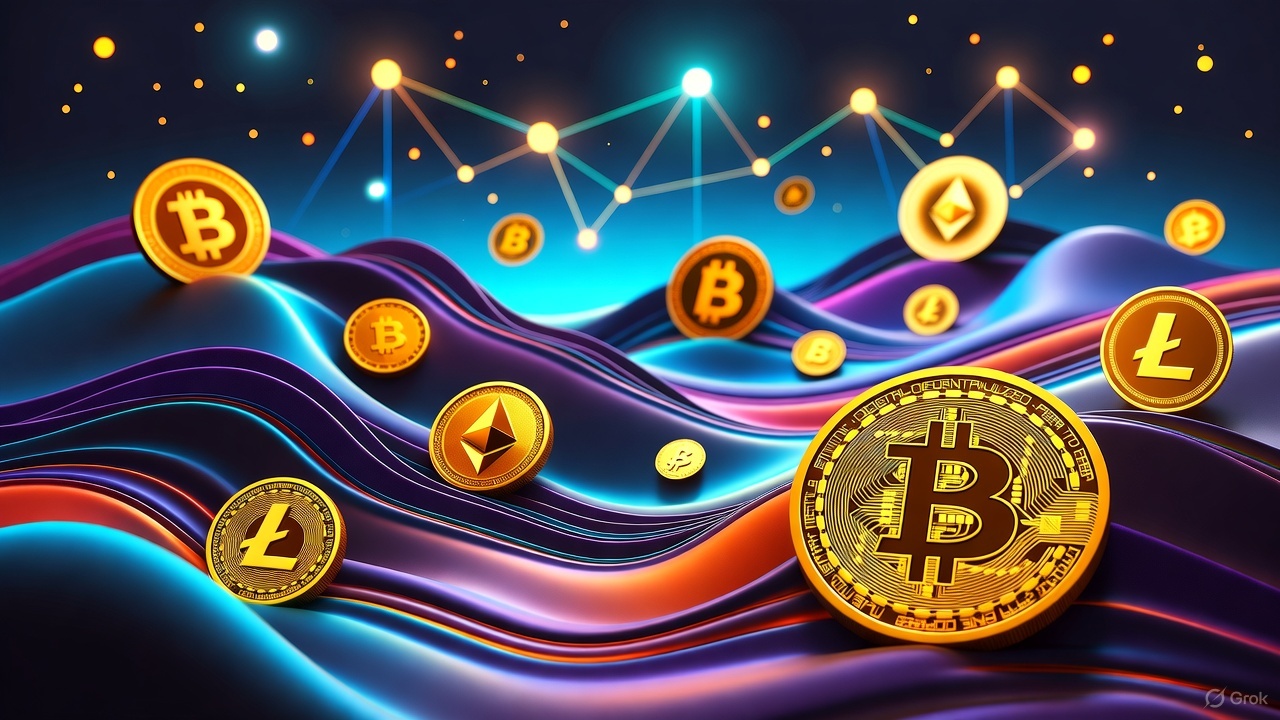The world of money has transformed drastically in recent years. No longer confined to tangible coins or paper bills, our currency increasingly exists as digital digits gliding through cyberspace. This shift is more than technological; it’s psychological. At the heart of digital money lies a new kind of currency: trust.
The Invisible Nature of Digital Money
When you open your banking app or send money through a digital wallet, the exchange is invisible. You don’t hand over cash, you don’t see or touch the wealth you move. This invisibility can feel strange compared to the tactile assurance of physical money. So, how do we convince ourselves that these lines of code hold value? The answer is trust—trust in the technology, trust in the institutions backing it, and trust in the people on the other side of the transaction.
Trust as the Foundation of Value
Money, at its core, is a shared belief system. Physical currency gained value because society collectively agreed it had worth. Digital money relies on that same collective belief but requires an added psychological layer: confidence in the digital ecosystem's security and fairness.
Take PayPal, for example. When it launched in the early 2000s, millions were wary of sending money online. PayPal’s success can be attributed to building robust fraud protection, offering buyer and seller guarantees, and creating a user-friendly interface. These factors nurtured trust, turning it into a dominant online payment platform worldwide.
Similarly, Apple Pay leverages brand trust to encourage millions to link their credit cards digitally. People believe in Apple’s secure encryption and privacy policies, so they embrace a payment method that leaves no physical trace of their money.
The Human Mind and Intangible Wealth
Humans are wired to understand and relate to physical objects. When those objects vanish, it requires a mental leap. To feel secure, the mind needs consistent signals—clear user interfaces, recognizable brands, transparent policies, and social proof. These factors help bridge the psychological gap between physical and digital wealth.
Cryptocurrencies like Bitcoin present another level of challenge. Here, trust doesn’t stem from governments or companies but from decentralized technology and community consensus. Early skepticism stemmed from its volatility and complexity, yet growing adoption shows that people can develop trust even in a system without intermediaries. Platforms like Coinbase provide a familiar, regulated gateway, reassuring new users about safety and legitimacy.
The Rise of Social Trust Networks
Digital money thrives on networks of social trust. Peer-to-peer payments, cryptocurrencies, and decentralized finance emphasize community validation. Venmo, for example, transformed money transfer into a social experience, allowing users to see friends’ transactions (with humor and emojis). This visibility fosters social proof and enhances trust by connecting financial exchange with familiar social interactions.
Decentralized finance (DeFi) protocols rely on transparent code and community auditing rather than traditional actors, challenging the way trust is built. Users decide who to trust by reviewing open-source information and relying on retrospective reputation, inverting conventional banking trust models.
Why Trust Is the New Currency
In this evolving landscape, trust is more than a byproduct of money—it becomes its very currency. The success of digital currencies, apps, and platforms hinges on cultivating trustworthiness. Businesses invest heavily in cybersecurity, transparent governance, and customer education to nurture this intangible asset.
As users, our willingness to adopt and use digital money signals our confidence not just in the technology, but in each other. Every swipe, tap, or click represents a silent vote of trust, shaping the future of finance.

I find this enriching and educating. Thank you for making me understand “Trust” is the key.